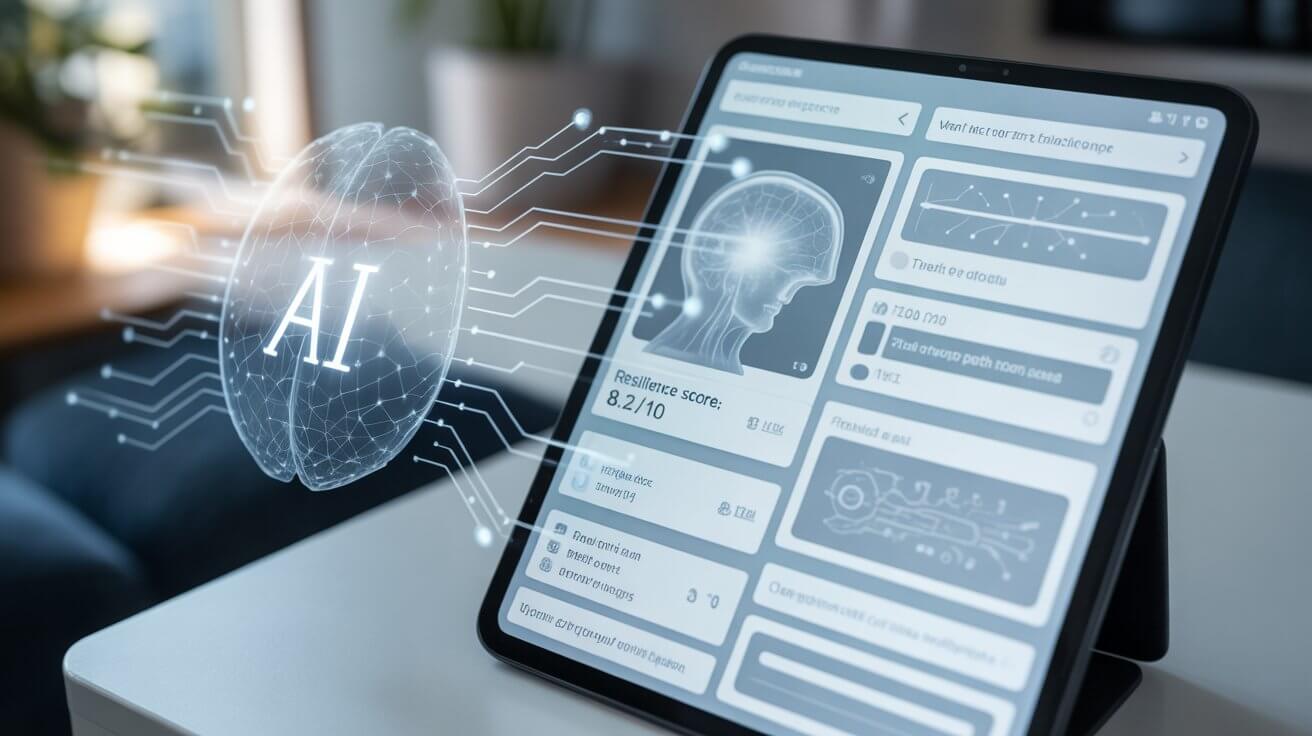In 2025, overcoming procrastination and cultivating discipline are essential for achieving personal and professional goals. AI-powered tools, personalized habit tracking, and motivational strategies provide individuals with actionable insights to improve focus, productivity, and self-discipline. This article explores techniques, tools, and approaches for conquering procrastination, building discipline, and maintaining consistent growth.
1. Understanding Procrastination
Procrastination is often rooted in fear, lack of motivation, or poor time management. AI-powered analysis identifies patterns of delayed tasks, emotional triggers, and habitual behavior, providing personalized strategies to address underlying causes and create actionable plans for improvement.

2. AI-Powered Task Prioritization
AI tools categorize tasks by urgency, importance, and complexity. Personalized prioritization ensures focus on high-impact activities, reducing overwhelm and creating a clear roadmap for daily and long-term objectives. Predictive analytics forecast potential obstacles and suggest adjustments for optimal workflow.
3. Building Consistent Habits
AI monitors habit formation and provides real-time feedback, reminders, and reinforcement strategies. Gamification and behavioral nudges increase adherence, helping individuals replace procrastination with productive routines and sustained discipline.
4. Personalized Motivation Techniques
AI-driven platforms provide tailored motivational content based on individual personality, emotional patterns, and progress. Affirmations, reminders, and adaptive challenges help maintain engagement and drive consistent action toward goals.
5. Time Management and Focus Optimization
AI applications track time usage, analyze attention patterns, and provide personalized focus techniques. Pomodoro schedules, distraction management, and workflow adjustments improve efficiency, reduce procrastination, and optimize mental energy.

6. Overcoming Mental Barriers
AI identifies negative self-talk, limiting beliefs, and cognitive distortions contributing to procrastination. Personalized interventions, cognitive reframing, and motivational exercises promote mental clarity, resilience, and proactive behavior.
7. Goal Setting and Progress Tracking
AI platforms assist in setting SMART goals and tracking progress through data-driven insights. Visual dashboards display accomplishments, milestones, and areas needing attention, reinforcing discipline and motivating consistent effort.
8. Habit Stacking and Behavioral Design
AI recommends habit stacking, pairing new productive habits with established routines. Personalized behavioral design ensures higher success rates in replacing procrastination with structured, disciplined behaviors that align with long-term objectives.
9. Stress and Energy Management
AI monitors stress levels, energy cycles, and emotional states to recommend breaks, relaxation techniques, and activity adjustments. Proper management of mental and physical energy reduces burnout and enhances focus, supporting disciplined work habits.
10. Virtual Coaching and Accountability
AI-powered virtual coaches provide real-time feedback, personalized strategies, and accountability for completing tasks and maintaining habits. Integration with productivity and task management apps ensures continuous support and reinforcement of discipline.

11. Digital Tools for Eliminating Distractions
AI identifies digital distractions, monitors app usage, and recommends adjustments to improve focus. Personalization ensures effective management of notifications, social media, and time-wasting activities, fostering a productive environment.
12. Reward Systems and Positive Reinforcement
AI-driven reward systems reinforce positive behavior, providing incentives, progress tracking, and gamified achievements. Recognition of milestones and success boosts motivation and strengthens habit formation, reducing procrastination tendencies.
13. Cognitive and Emotional Self-Awareness
AI platforms analyze emotional patterns, cognitive biases, and behavioral triggers. Insights enhance self-awareness, enabling individuals to identify procrastination triggers, implement corrective strategies, and strengthen self-discipline.
14. Challenges and Opportunities
Challenges include reliance on technology, balancing human motivation with AI guidance, and adapting to personalized recommendations. Opportunities arise from actionable insights, continuous monitoring, and scalable support. Responsible use of AI ensures sustainable behavioral change and improved productivity.
15. Conclusion
Overcoming procrastination and building discipline in 2025 leverage AI-powered insights, personalized habit tracking, and adaptive motivational strategies. From task prioritization and time management to virtual coaching and cognitive behavioral adjustments, technology empowers individuals to maintain focus, consistency, and self-discipline. By combining AI-driven support with consistent practice, reflection, and proactive strategies, anyone can conquer procrastination, strengthen discipline, and achieve long-term personal and professional success.

